EU nations agree to tighten demands for vehicle emissions
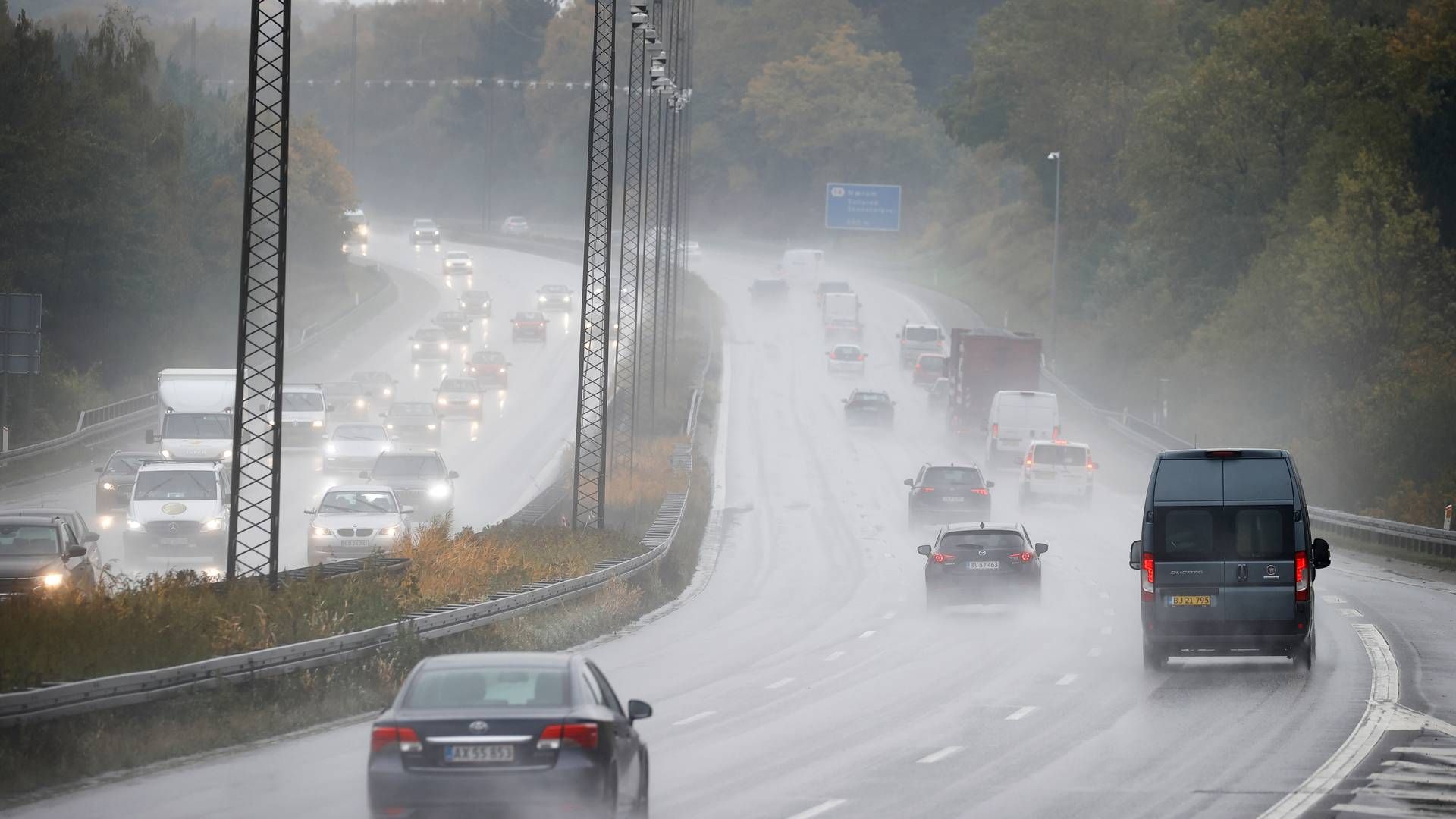
Cars and vans need to slash their CO2 emissions, and that requires tightened regulation.
Energy spearheads from EU member nations agreed to impose such a regulation on a summit in Brussels on Tuesday, informs the Swedish Minister for Climate and the Environment Romina Pourmokhtari.
”I’m happy to see that the EU is delivering on it promises with the Fit for 55 package. The new rules will bring opportunities for cutting-edge technologies and create the momentum for the industry to invest in a fossil-free future,” she says in a statement.
The overall aim is a 100% CO2 emission reduction for both new cars and vans from 2035.
Originally, the bloc agreed to reach the taget by phasing out combustion engines in new cars from 2035.
However, Germany has pushed for an exemption for cars running on e-fuels. And they succeeded.
According to the issued statement, the regulation contains a reference to e-fuels.
As a result, the Commission will make a proposal for registering vehicles running exclusively on ”CO2-neutral fuels” after 2035.
It thus seems as though Germany can keep up its combustion engine vehicle production if the cars run on synthetic e-fuels.
E-fuel backers maintain that it will be carbon neutral, but some critics contend that e-fuel is still under development, that it looks to be a scarce resource in the future, and that it requires a lot of energy to produce it.
Related articles
Energy and clean industry on the docket at EU assembly
For subscribers

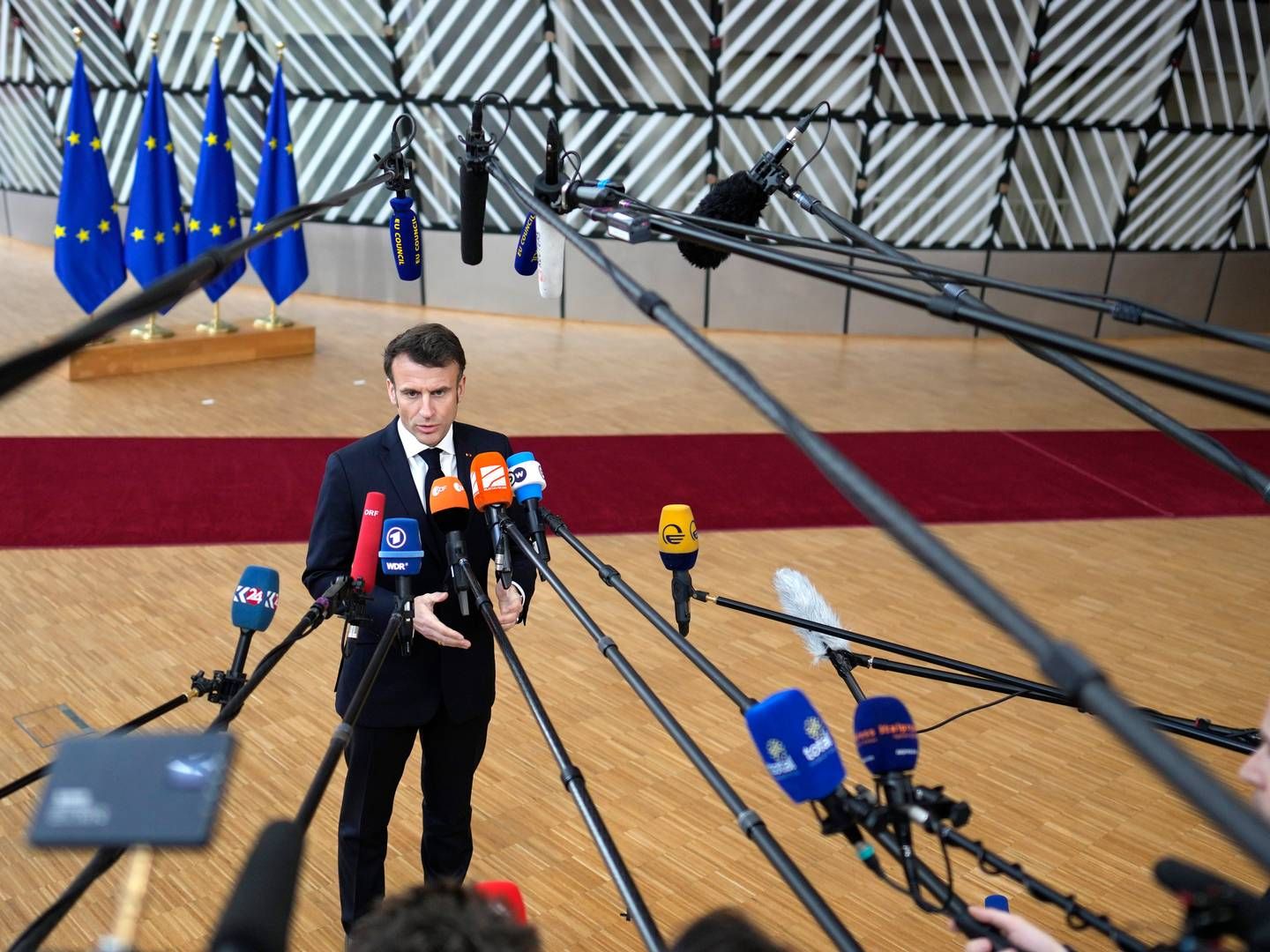
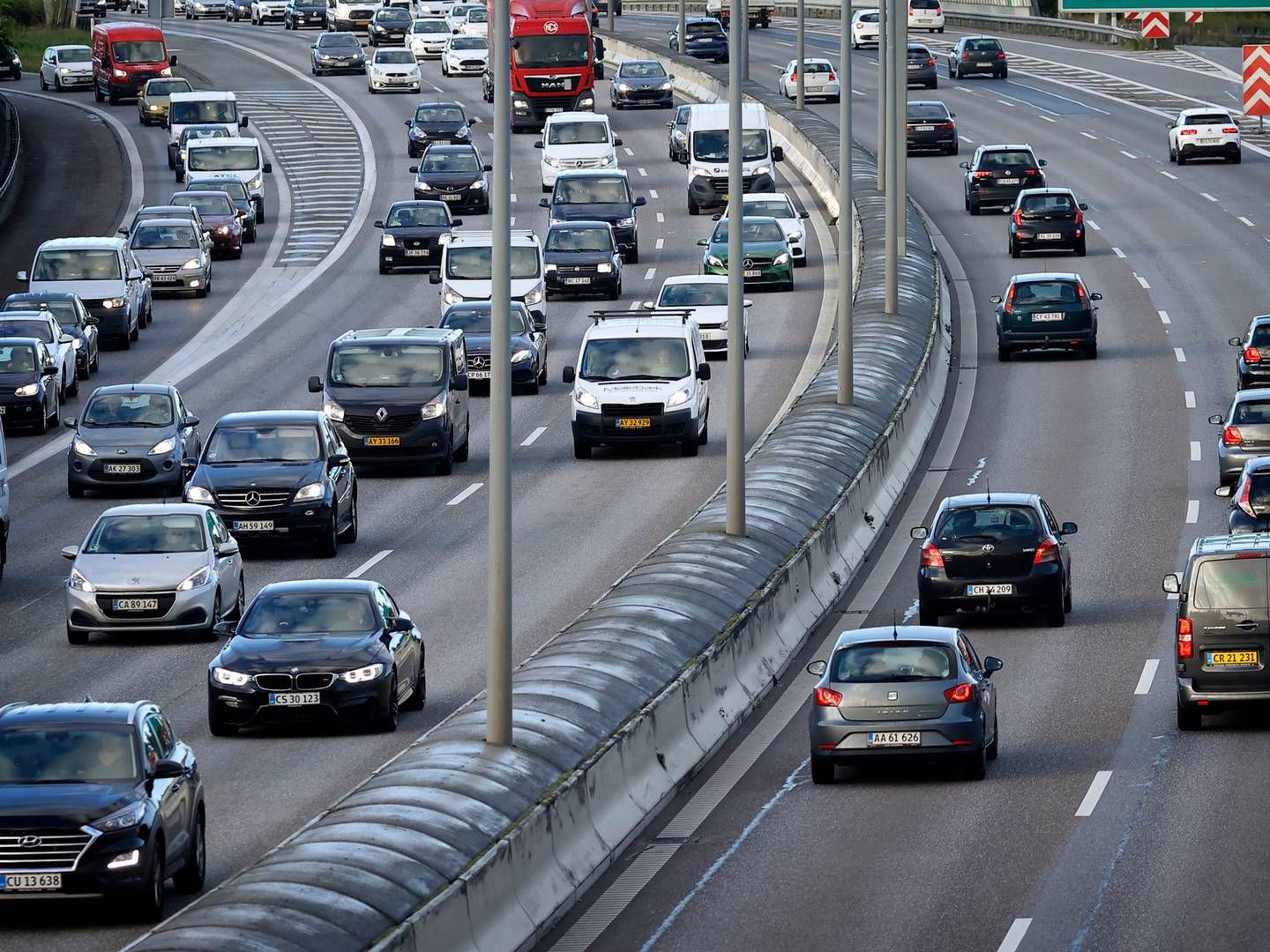








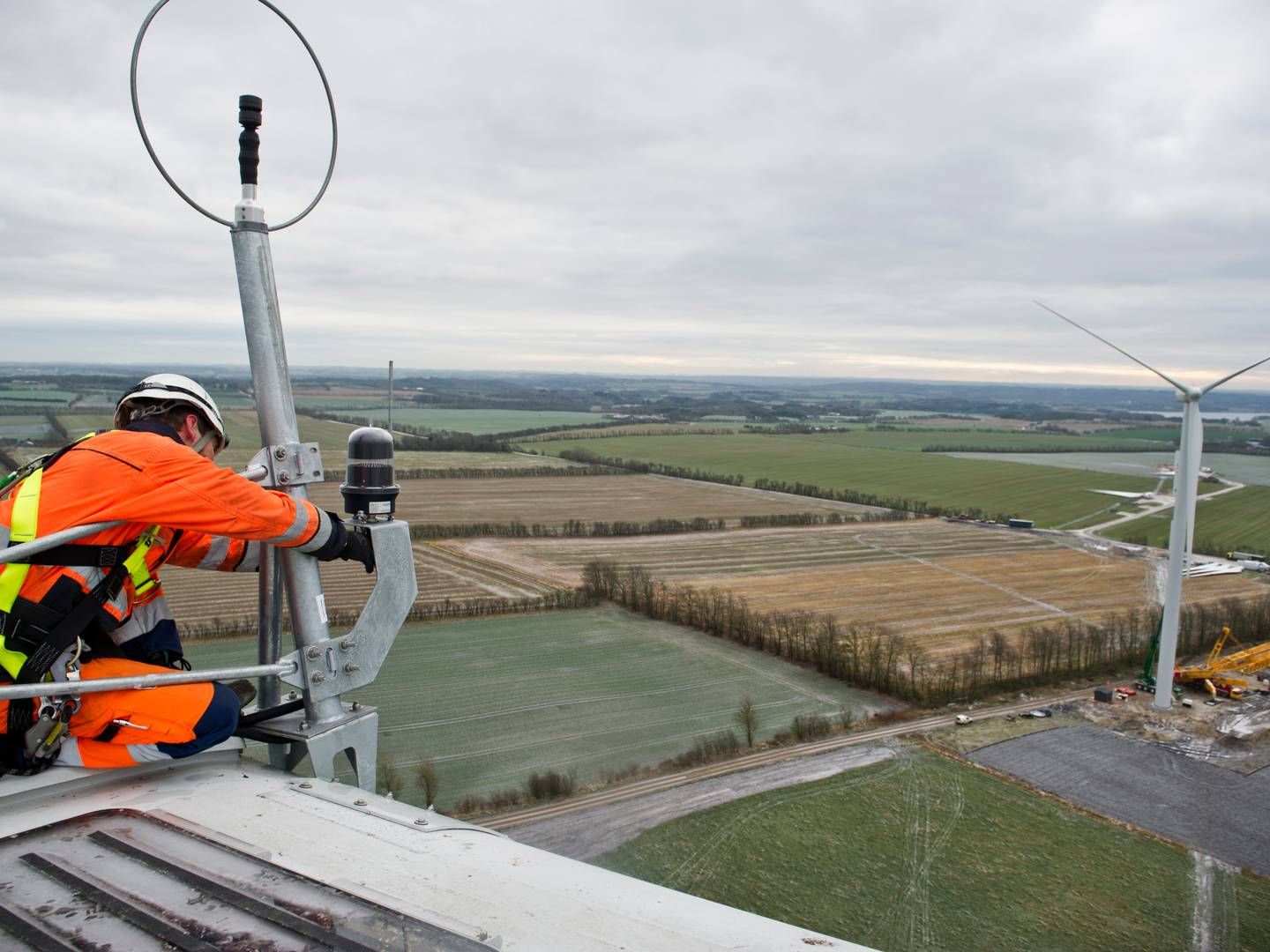





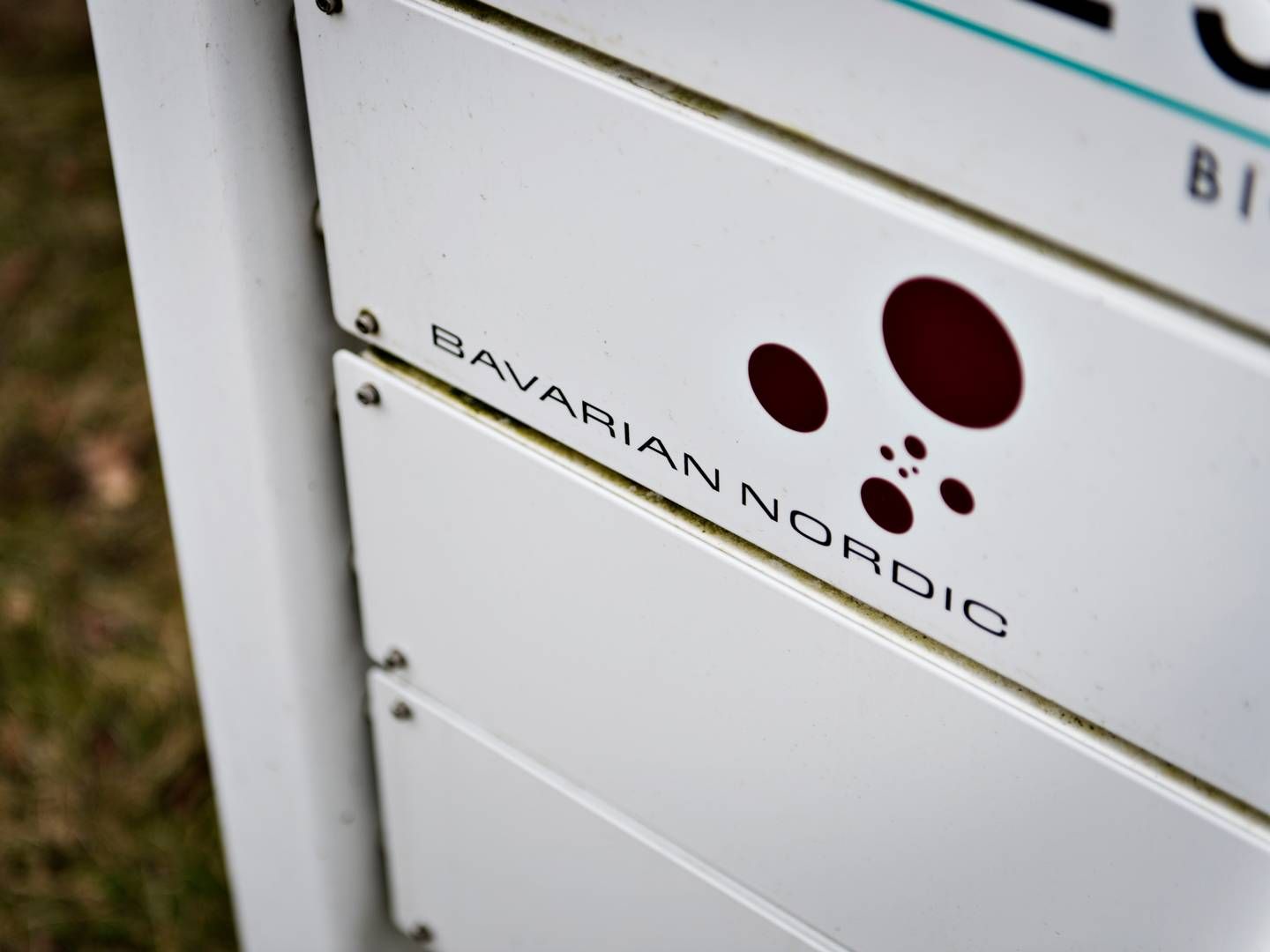



.jpg&w=384&q=75)


